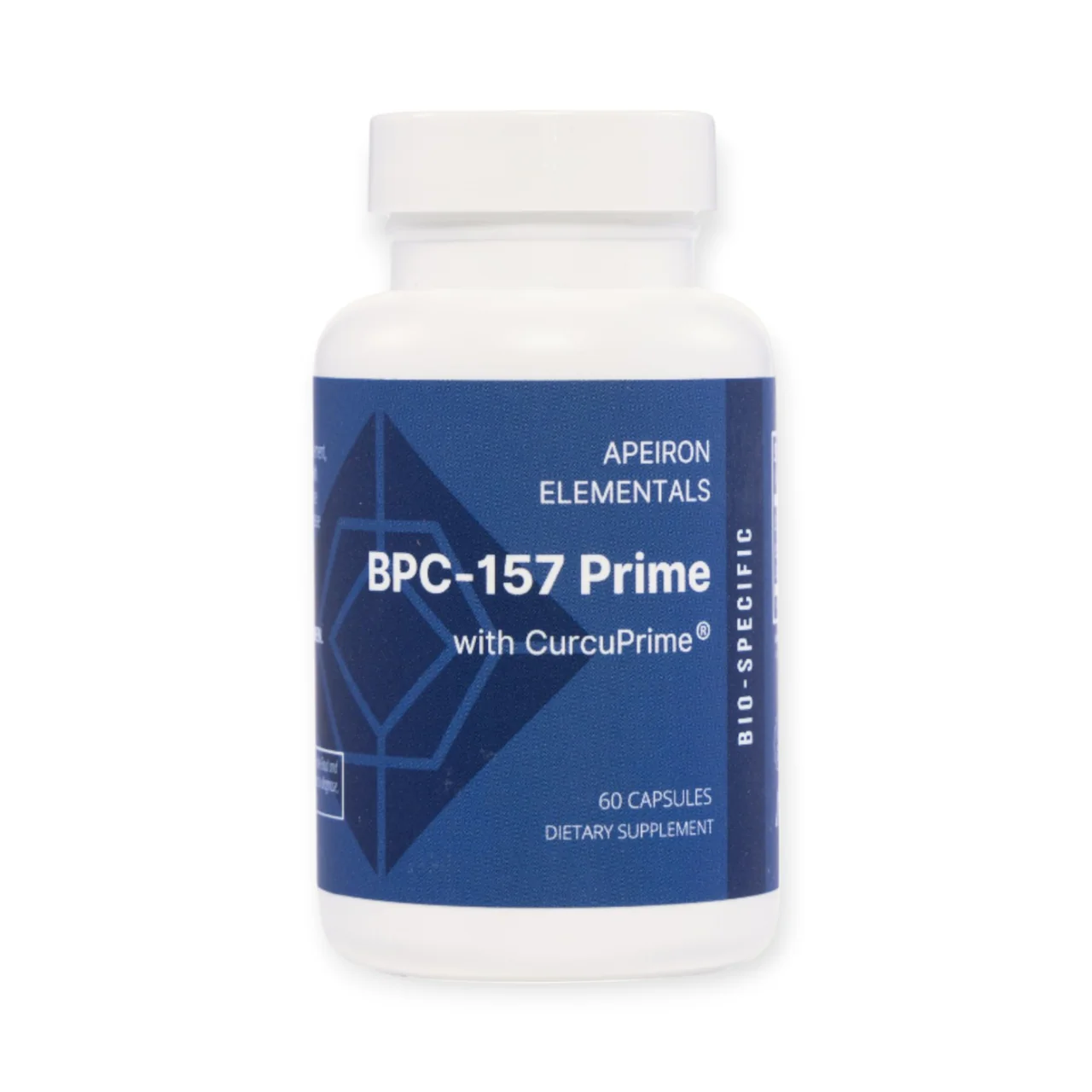By Terrence Shenfield MS, RRT-ACCS, RPFT, NPS, AE-C
Gut health is a hot topic in today’s wellness landscape, and for good reason. At the center of this conversation is leaky gut syndrome, a condition that can impact digestion, immune response, and overall well-being. But what exactly is leaky gut, and how can it be managed?
This article breaks down leaky gut symptoms, its potential causes, and actionable management tips to help you regain control of your health.
What is Leaky Gut Syndrome?
Leaky gut syndrome refers to a condition in which the lining of the small intestine becomes damaged, leading to increased intestinal permeability. This means that substances like toxins, undigested food particles, and bacteria can "leak" through the intestinal wall into the bloodstream.
Although leaky gut syndrome isn’t officially recognized as a medical diagnosis, there is growing evidence suggesting its role in various health issues, including autoimmune diseases, food sensitivities, and chronic inflammation.
Recognizing Leaky Gut Symptoms
Leaky gut can manifest in various ways, often making it difficult to pinpoint. Some of the most common leaky gut symptoms include:
- Digestive issues such as bloating, gas, diarrhea, or constipation
- Food sensitivities or intolerances
- Chronic fatigue or brain fog
- Skin conditions like acne, eczema, or rosacea
- Autoimmune conditions or chronic inflammation
If you’re experiencing any of these symptoms, it’s essential to consult with a healthcare professional for further evaluation.
Causes of Leaky Gut
The causes of leaky gut can range from lifestyle factors to chronic conditions. Some common contributors include:
- Chronic Stress
Prolonged stress can weaken the immune system and impact gut health.
- Poor Diet
A diet high in processed foods, sugar, and unhealthy fats can trigger inflammation in the gut. Food sensitivities to gluten or dairy may also play a role.
- Imbalance in Gut Microbiome
A disruption in the balance of gut bacteria, known as dysbiosis, can damage the intestinal lining.
- Chronic Use of Medications
Certain medications, like antibiotics or nonsteroidal anti-inflammatory drugs (NSAIDs), can irritate the gut lining over time.
- Underlying Health Conditions
Conditions such as celiac disease, Crohn’s disease, and irritable bowel syndrome (IBS) are linked to increased intestinal permeability and may be responsible for the development of leaky gut syndrome.
Learn more about maintaining gut health on www.atecam.com.
Leaky Gut Management Tips
While managing leaky gut syndrome may seem challenging, the right combination of diet, supplements, and lifestyle changes can make a significant impact.
1. Optimize Your Diet
Focus on eating a nutrient-dense, anti-inflammatory diet that includes whole foods such as vegetables, fruits, lean proteins, and healthy fats. Avoid processed foods, sugar, gluten, and dairy if you suspect sensitivity.
2. Add Gut-Healing Foods
Fermented foods like yogurt, kimchi, and sauerkraut can improve the gut microbiome, while bone broth may help repair the intestinal lining.
3. Consider Supplements
Certain supplements can support gut health, including probiotics, digestive enzymes, zinc, and L-glutamine. These help restore the gut barrier and balance the microbiome.
Check out gut health supplements for improved digestion and immunity at www.atecam.com.
4. Reduce Stress
Chronic stress can aggravate gut health. Practice mindfulness, meditation, or gentle exercise like yoga to lower stress levels.
5. Prioritize Sleep
Quality sleep allows the body to repair itself, including the gut lining. Aim for 7-9 hours of uninterrupted sleep every night.
6. Work with a Specialist
Collaborate with a healthcare practitioner who specializes in gut health to develop a personalized and effective approach tailored to your needs.
Why Managing Leaky Gut is Crucial
Ignoring leaky gut can have far-reaching consequences on your overall health. Research increasingly links gut health to conditions like autoimmune diseases, metabolic disorders, and even mental health challenges such as anxiety and depression. Taking proactive steps to heal your gut can lead to better digestion, improved immunity, and enhanced energy levels.
For a deeper insight into managing gut conditions, visit Atecam's Health Blog.
Trusted Resources for Gut Health
Healing your gut isn’t just a one-time fix; it’s an ongoing process that requires intentional steps and reliable resources. At Atecam, we provide evidence-based education and premium wellness products to help you take charge of your health.
Check out our article on probiotics and prebiotics for additional insights into improving your microbiome.
References
- Fasano, A. (2020). "Leaky Gut and Autoimmune Diseases." Nature Reviews Gastroenterology & Hepatology.
- Konturek, P. C. et al. (2018). "The Role of Stress in Gastric Disease." Journal of Gastroenterology.
- Vighi, G., et al. (2008). "Allergy and the Gastrointestinal System." Clinical & Experimental Immunology.
- Mollo, T. et al. (2019). "Dietary Interventions in Gut Health." Current Opinion in Clinical Nutrition & Metabolic Care.
- AtecAM Health Blog. (2025). "Leaky Gut Syndrome Explained."
Focus on gut health and empower your wellness today!




